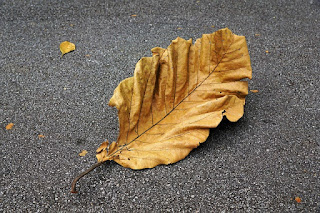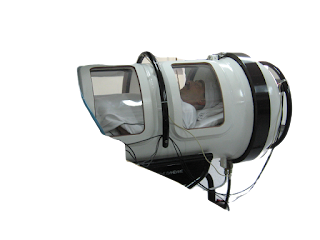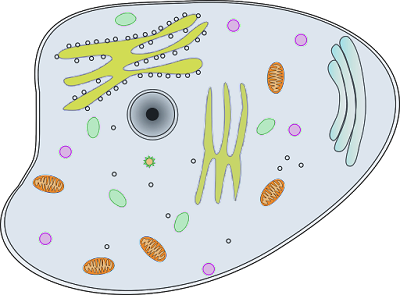The Hallmarks of aging

Aging- a Symbolic presentation What are The 9 hallmarks of Aging? According to the scientific world there are 9 reasons behind Aging, they are generally known as 9 Hallmarks of Aging. They are Genomic instability, Telomeres Attrition, Epigenetic Alteration, Loss of Proteostasis Deregulated Nutrient Sensing, Mitochondrial Dysfunction, Cellular senescence, Stem cells Exhaustion and Altered inter cellular Communications. genomic instability Genome is the genetical codes present in organisms. In other words genome is the complete set of DNA present in a cell. Every cell has copy of the DNA. Genomic instability is the result of high frequency mutations ( sudden changes ) Because of these mutations chromosome May rearranged, sometime the sequence of nucleic acids or even the chromosome number May changed,( the chromosome number of human is 23 pairs, or 46 ). Telomeres attrition Telomeres are the tail ends of chromosomes, which act as protective caps. I alread...








